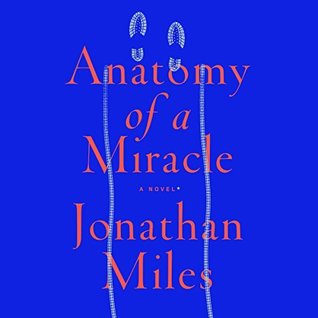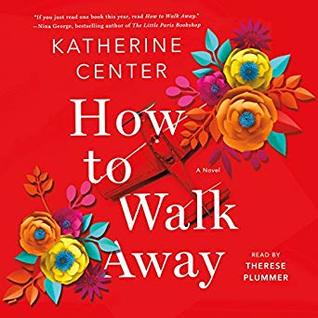
I won an ARC of Karl One Knausgaard‘s Spring.
Description from Goodreads:
Today is Wednesday the thirteenth of April 2016, it is twelve minutes to eleven, and I have just finished writing this book for you. What happened that summer nearly three years ago, and its repercussions, are long since over.
Sometimes it hurts to live, but there is always something to live for.
Spring follows a father and his newborn daughter through one day in April, from sunrise to sunset. A day filled with everyday routine, the beginnings of life and its light, but also its deep struggles and its darkness.
Review:
Generally lovely. It wonders a bit (as I’m told Knausgaard is known for), I had a certain nagging sense that this should have been his wife’s story to tell, not his, and narratives where people paint themselves too well are always a little suspect. But as a book written by a father to his newly born daughter (a fourth child), it is very sweet. There is real love apparent here. In a world saturated with stories of toxic masculinity it was a real pleasure to read about a father valuing his children and family. Despite not reading the previous books in the series (and my copy anomalously missing the 8 pages between 102-111) I followed this without issue and would be happy to read more.


